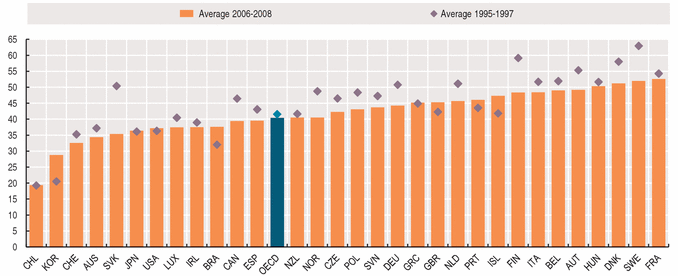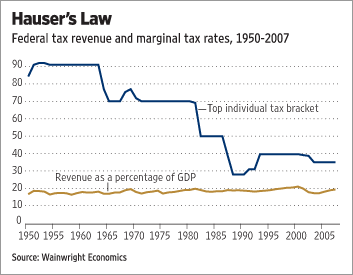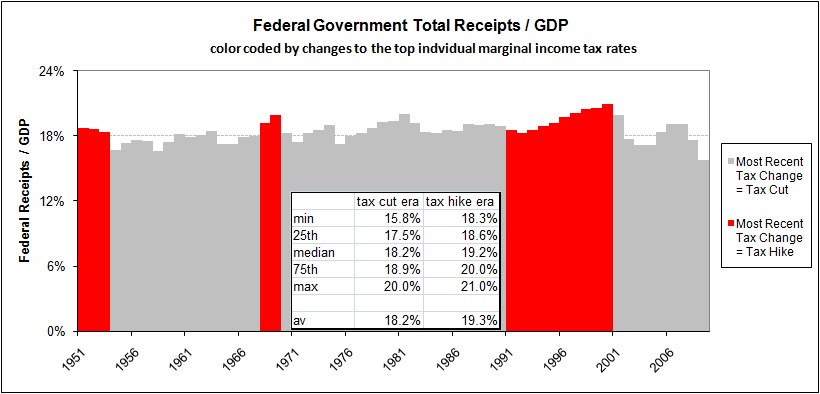BayToBay
DP Veteran
- Joined
- May 20, 2011
- Messages
- 1,226
- Reaction score
- 230
- Gender
- Male
- Political Leaning
- Libertarian
The recession ended when the economy started expanding in 1939. It's not debatable.
The economy "expanded" in the production of bombs and tanks. Those goods only benefitted the war effort. You cannot eat a tank and living inside one would not likely to be very comfortable. In the real world, the war years saw some of the harshest times in the history of this nation as most goods were rationed, consumption was kept at very low levels and the living standard saw a dramatic decline.
War is not good for the economy. But you go ahead and keep spouting the same sort of nonsense Bush told us.




